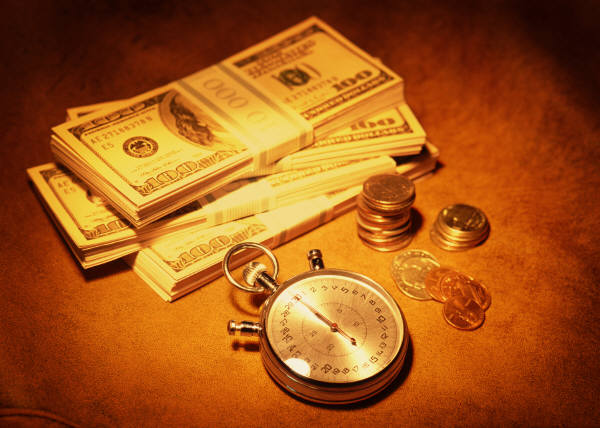By Ken Parks
BUENOS AIRES — Argentine President Cristina Kirchner may have to impose further U.S. dollar rationing on her citizens in coming months as the slide in the hard currency reserves that Argentina uses to pay its import bill and creditors shows no sign of abating, analysts say.
Argentina faces significant dollar outflows at a time when the foreign currency provided by trade, the South American nation’s only significant source of the U.S. currency, is shrinking due to surging fuel imports.
The trade surplus accumulated between January and August narrowed by 32% on the year to $6.29 billion, the government said Monday. With the last few months of the year a seasonally slack period for exports, the Kirchner administration may struggle to reach its latest target of a $10.6 billion surplus in 2013.
If the government’s past behavior is any indicator of future behavior then more belt tightening could fall on tourism and imports. Net dollar outflows from tourism rose to $4.53 billion in the first half as Argentines continued to travel and shop abroad even after the government slapped a special 20% tax on those activities.
“We believe they will need to put the brakes on the outflow of hard currency via tourism,” says Mauricio Claveri, an economist at research firm Abeceb. “The trade surplus isn’t going to compensate and there is going to be a loss of reserves.”
Deutsche Bank economist Gustavo Canonero thinks the government will likely muddle through by fine tuning the currency controls and import restrictions it has used to keep dollars from leaving the country.
“They will have to ration international reserves even more than today and that means you are going to have less imports for growth and therefore the economy will be stagnant,” Mr. Canonero said.
A spokeswoman for the Economy Ministry declined to comment.
For almost two years, Mrs. Kirchner has subjected Argentines to unpopular foreign-currency restrictions. Businesses can face long delays to import equipment and materials, which usually have to be paid for with dollars.
“We are at a very dangerous point where [additional] limits on imports will have very negative collateral effects on the economy and job market,” says Diego Perez, president of Cira, an association that represents importers
Argentines are also banned from buying dollars to protect their savings from one of the highest rates of inflation in the Western Hemisphere, while the government doles out very limited amounts of foreign currency for tourism. Some people have turned to the black market for dollars, where they pay a 63% premium compared to the regulated foreign exchange market.
Reserves at the central bank fell to a six-and-a-half year low of about $35 billion on Friday, down 19% from the beginning of the year and well below a record $52.7 billion in January 2011.
Unable to borrow abroad due to the high interest rates lenders demand, Mrs. Kirchner has used at least $27.5 billion in reserves to pay creditors and fund public-works projects. Her 2014 budget proposal would tap another $9.86 billion for the same purposes.
The steady decline in reserves could spell trouble for Argentine stocks and bonds if investors start to question the government’s ability to pay.
The government needs to quickly stabilize reserves or risk a selloff in dollar debt like the Boden 2015 bond and debt-linked securities, says Siobhan Morden, head of Latin American strategy at Jefferies.
“The pace of decline and the level are now both a concern, especially if this pace of reserve loss continues into next year,” Mrs. Morden said.
At the current rate of depletion, reserves could drop below $20 billion in the first quarter of 2015. That could set markets up for a “moment of tension” because the central bank would have only a thin cushion of liquid assets on hand at that point, says Orlando J. Ferreres, an economist and former deputy economy minister.
“There isn’t an easy solution. These are problems that will take three to four years to fix from the moment you start fixing them,” Mr. Ferreres said.
Those problems include annual inflation that many economists say has been running at or above 20% for years as a result of the central bank printing pesos to finance government spending. Official data put economic growth at 1.9% in 2012, and the government has forecast 5.1% growth this year and 6.2% in 2014. Many economists say those projections are unrealistic for an economy hobbled by dollar shortages and inflation.
Barclays Capital economist Sebastian Vargas is optimistic that a weak economy will eventually force Mrs. Kirchner to adopt more pragmatic policies such as moderating spending and mending fences with foreign creditors.
“If the government continues with monetary financing and doesn’t change its agenda the foreign exchange reserves could deteriorate further and that would have an impact on investment,” Mr. Vargas said.
Source: Parks, K. (2013, Sept. 24).Argentina’s shrinking currency reserve point to further controls. Retrieved from http://blogs.wsj.com/economics/2013/09/24/argentinas-shrinking-currency-reserves-point-to-further-controls/









